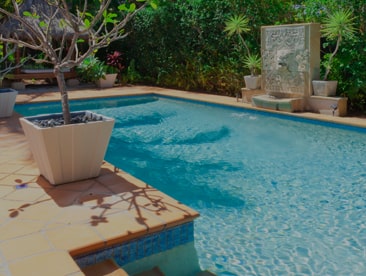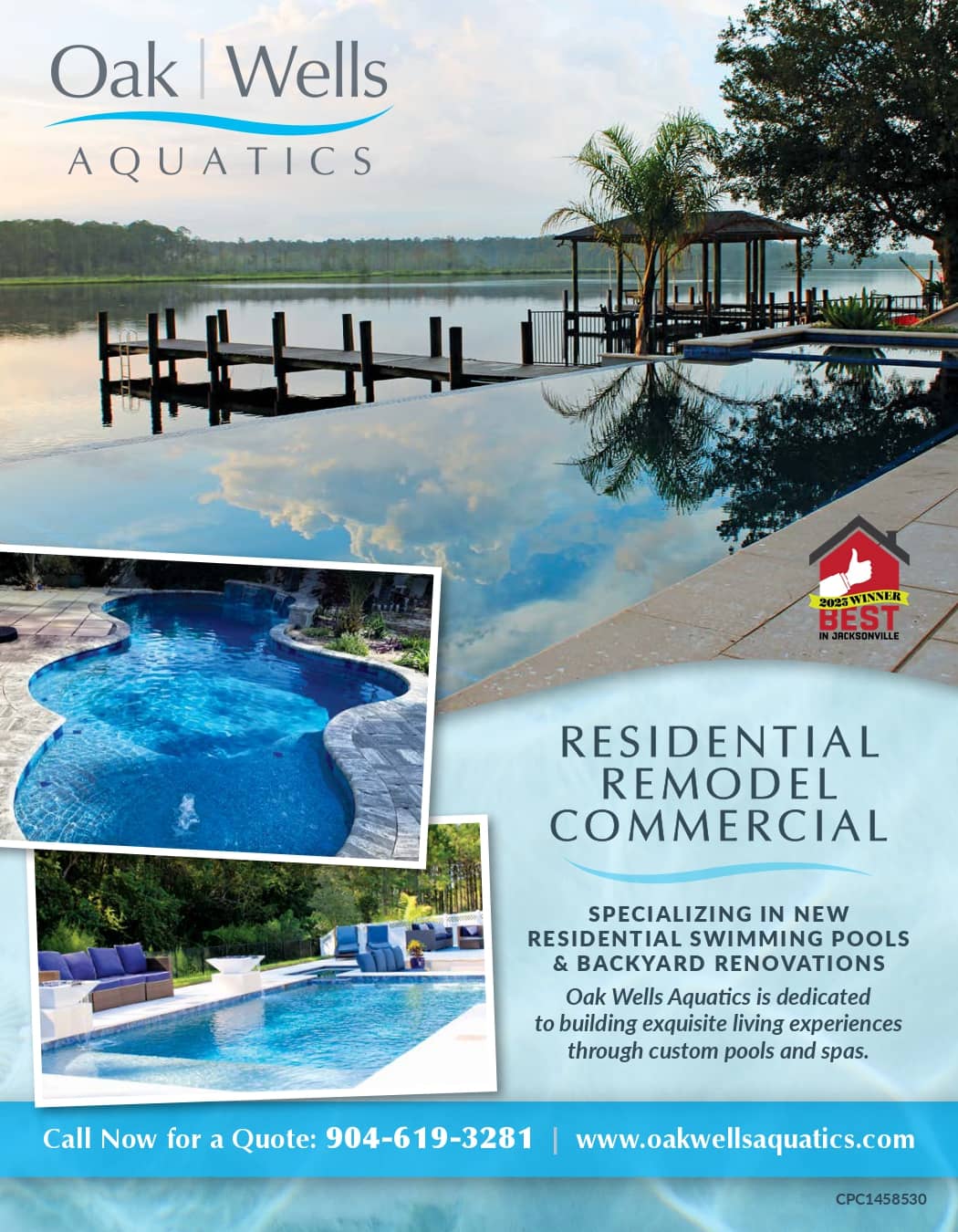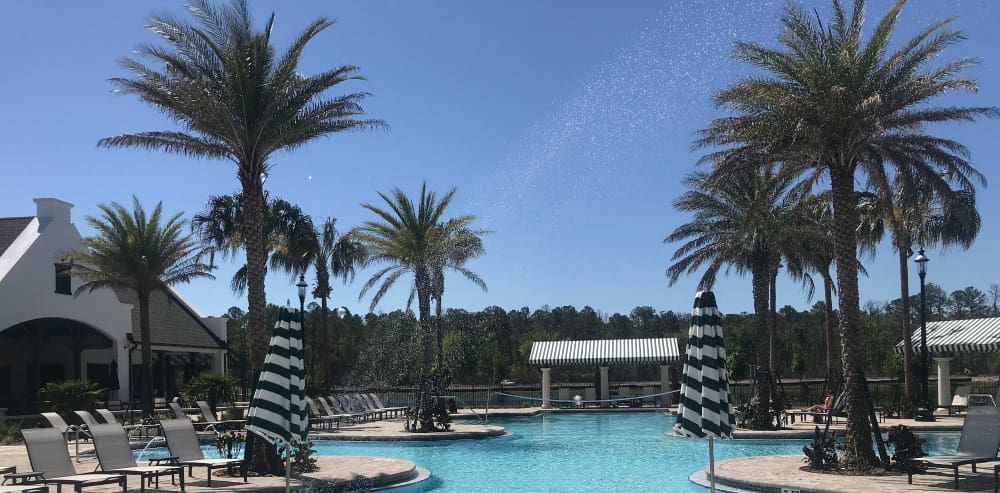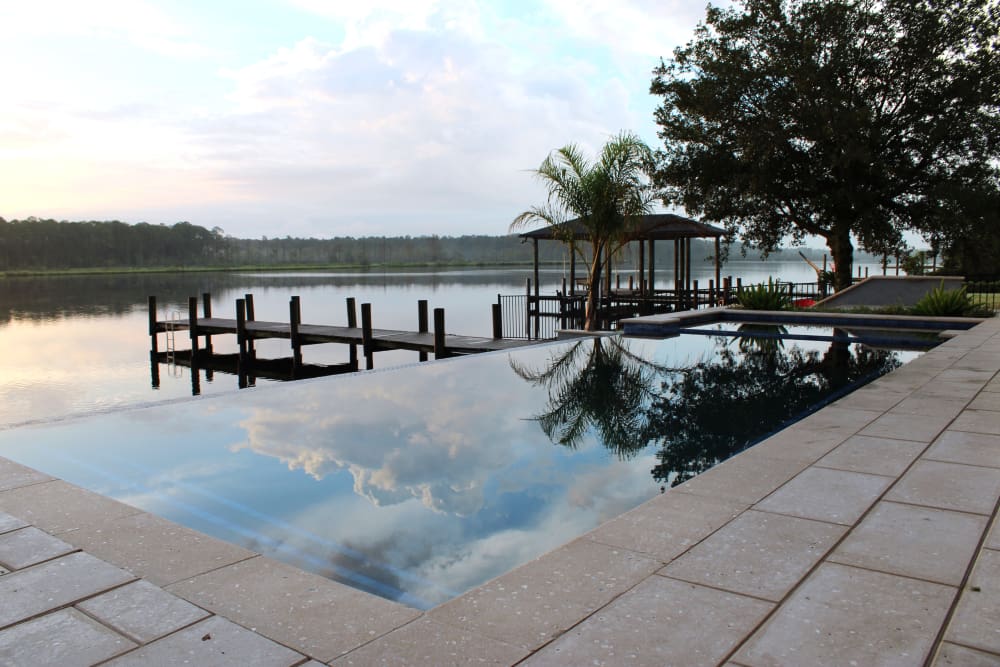At Oak Wells Aquatics, we cover a wide range of services for our many clients in the Jacksonville Area and beyond.
Our highly experienced and creative pool design and construction staff, have been building unique, customized pools and surrounds for many years. We have successfully handled projects of every size and description, for both commercial and residential use, and we can do the same for you.
Contact us today at 904-619-3281 for more information on any of our services listed below, or simply continue to explore our website.
Service Locations
Jacksonville, Jacksonville beach, Neptune Beach, Atlantic Beach, Duval County, Ponte Vedra, St. Johns County, St. Augustine, St. Johns, St. Augustine Beach, Clay County, Fleming Island, Green Cove Springs

New Commercial Construction
Learn More
New Commercial Construction
Oak Wells Aquatics excels at assisting owners of hotels, fitness centers, athletic clubs, and other business types increase the value and beauty of their property by adding a custom designed pool. We know how to minimize any disruption to your business during construction, and we will keep you on budget and on schedule!
Less

New Residential Construction
Learn More
New Residential Construction
In Florida and the whole Southeast, installing a new in ground swimming pool ranks among the most popular ways to beat the heat. Oak Wells Aquatics can make your home pool plans become a reality, with a custom made pool and surrounds that will add value through exquisite decor, smart design, and durable construction.
Less

Interactive Water Features
Learn More
Interactive Water Features
Want to make your new pool more enjoyable for users of all ages? Interactive water features, like waterfalls, fountains, spray pads, water slides, in-pool "toys" and play areas, and more, are a relatively new trend that Oak Wells Aquatics is on the cutting edge of!
Less

Complete Pool Remodels
Learn More
Complete Pool Remodels
We at Oak Wells Aquatics bring together decades of combined experience, powerful pool design software, a penchant for creativity and innovation, and a determination to make each customer's "pool vision" become a reality. We offer "complete" design services that encompass surrounds, greenery, lighting, decks and patios, and more.
Less

Paver Installations
Learn More
Paver Installations
Having a paved-stone patio surrounding and/or nearby your in-ground pool greatly enhances its attractiveness and gives you more space to relax or entertain guests. Oak Wells Aquatics can install your pool-area pavers for maximum quality and durability.
Less




































